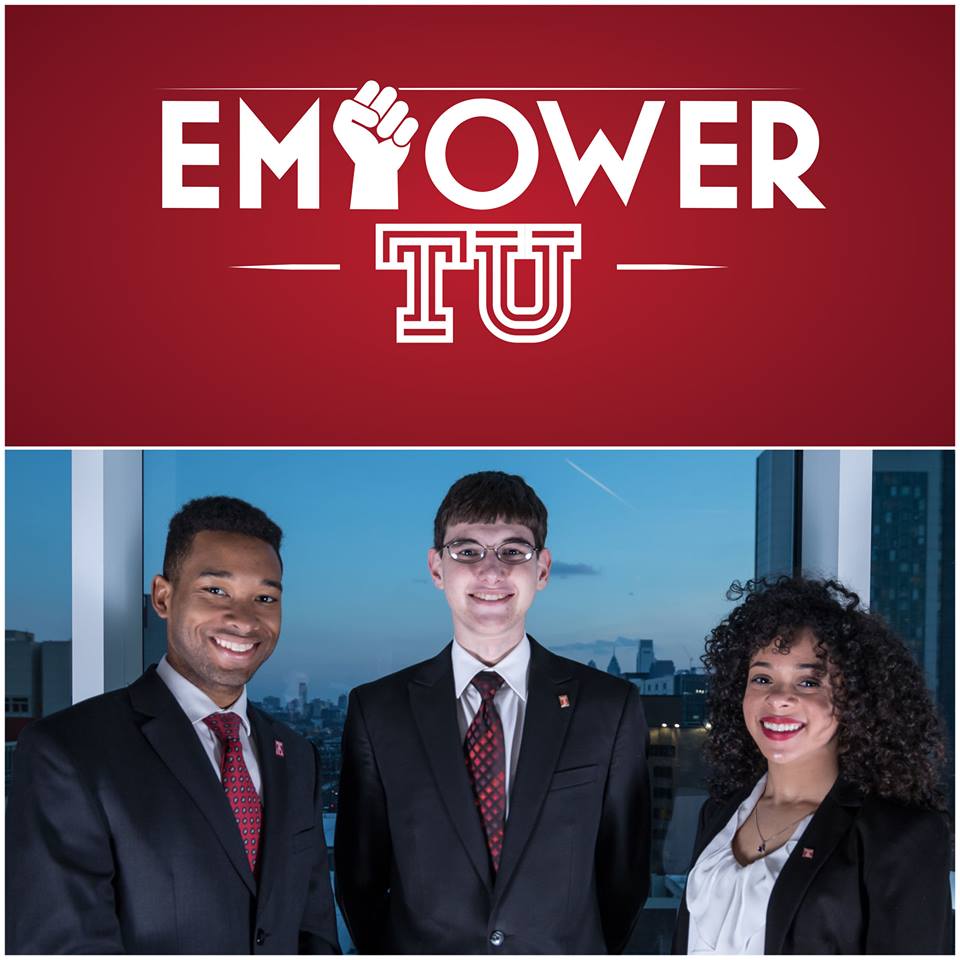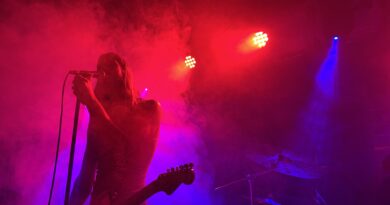SHOW REVIEW: Ride & The Charlatans @ Union Transfer
Follow WHIP Twitter Facebook Instagram
WRITTEN/PHOTOS BY: Sydney Martin
Equipped with an enigmatic youthful energy, lead singer of the british shoegaze band the
Charlatans, Tom Burgess, prepared the stage at Union Transfer for Ride’s set that was to follow.
Drawing old rock fans in on the icy Friday evening, the air smelled of beer and cologne, an ode to
Ride’s Gardners’ statement later spoken in the night ; “Everything sounds a bit better with
whiskey”. Beside Burgess stood Mike Collins, the two remaining of the original band members
from the early 90s.
On bass was Martin Blunt, wordlessly bowing at the end of the set, a humble notion to his
contribution to the Charlatans.
Including a keyboardist and a drummer, the band encapsulated the kind of cozy warmth that
comes from home, a refined comfortability with each other evident on the stage despite the
deaths of members, break-ups, and reunions across the years–a commonality across the rock
scene with bands that made their way successfully both through and out of the 90s.
Nostalgic in sound to begin with, such a trait of the Charlatans music was only more prominent
now as fans who once attended in their youth now stood beside their grown children: a gap
between bodies and souls that Burgess bridged to some extent during the performance, urging
swaying audience members to jump instead.
Sturdy yet wobbly, loose but well composed, the effortless, at times satirical sound of the
Charlatans is one the band remains loyal to decades later. Rubbing his belly while singing the
unapologetic lyrics of Toothache, Burgess illustrated a playful demeanor to provocative lyrics
upon the stage; a unique and loveable attitude held across the Charlatans music. Beside some
sun and gravity, Burgess carried this same playful appearance: thrusting and rowing and
jumping curiously, secure within himself as both an artist and a person to move with no
restriction– a boyish smile spread across his face, defying the years the band dipped beyond
the spotlight of the 90s.
Following The Charlatan’s set, the members of Ride came upon stage; Mike Gardner took the
lead on vocals, Andy Belle towering beside him. They both wore acoustic bodied electric guitars,
glossy browns contrasting against their dark attire. Stiffly drawing himself into the microphone,
Gardner presented a voice of bottomless lust and yearning from the first song, instrumentals
ranging from milky to rigid, song after song of similar nature composing the experience their set
cultivated.
Ride’s iconic sound fell upon the crowd, simultaneously dazed yet profoundly coherent within
lyrics and meaning. Vocals conveyed a tone of suffering, respectably persistent rather than
pitiful, illustrating hardships matter-a factly rather than some rare glorified gem.
Holding the same mystery as his voice, a small man of few words (at first) dressed in dark attire,
Gardner’s vocals floated amongst the instrumentals– an airy near soprano producing sounds of
no bound or gender. Gardner gazed up and beyond the balcony view of Union Transfer, looking
into an intangible something as he performed–captivated by it.
Shimmering chords of a slim drummer in the shadows of the stage danced harmoniously with
Ride’s vocalists. At other times hollow notes sounded declaratory, as though an epiphanic baby
were drumming upon his belly.
Layered within the compositions of drum, bass and vocals was the keyboardist,the thoughtful
use of synthetic sounds and technical distortion painting a dreamy soundscape.
After a few songs Gardner finally spoke, soft spoken and apologetic for his lack of dialogue as
some technical issues were encountered. Joking with the crowd, a gentle version of himself was
revealed beneath the seemingly rigid performer he initially presented upon the stage as.
Gardner spoke melodically with no effort in doing so; Belle remained quiet besides.
Fittingly arranged nearing the end of the night was “Vapour Trail”; iconically used in the
soundtrack of coming of age movie the Perks of Being a Wallflower (alongside David Bowie’s
“Heroes”), a song emphasizing the fluid and victorious sound Ride is best known for, where
resolution is never found and youthful desire is embraced as passion.
Either drained from decades or the cold, despite the venue being packed and a full band
beneath the colored lights of Union Transfer’s stage, the aged crowd and entrancing music
resembled the scene of a deserted bar and a solo musician. Between sets, members of the
crowd reminisced on past concert experiences while others talked about what their children did
on that snow day. During the performance most eyes were locked up on stage, a few viewing
the night through their phone cameras. The scene matched the same tonality of longing
embodied by both of the band’s music; grieving the moment before it has even passed, and
lusting for one that has.








